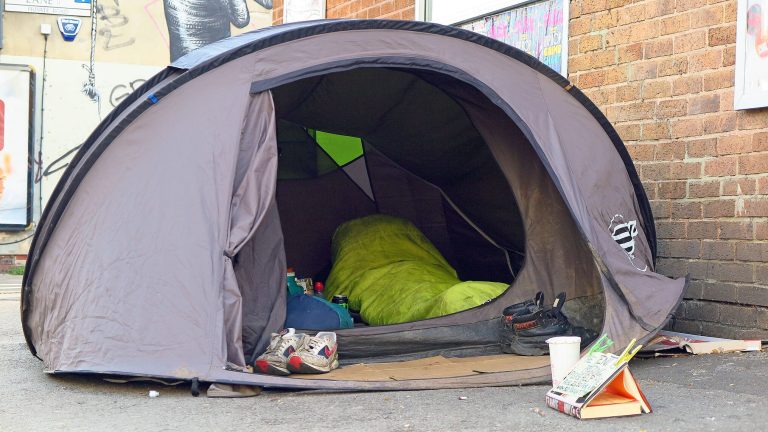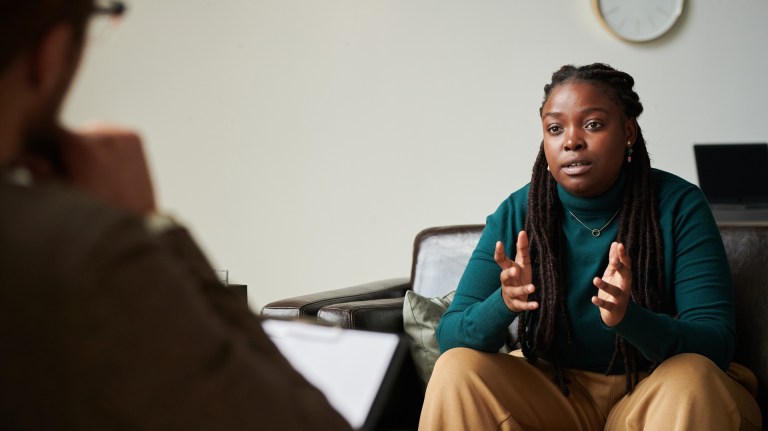The report said the industry must improve not only its provisions for those consumers but how efficiently it identifies vulnerable customers.
The commission made further recommendations including the creation of an independently monitored code of conduct for suppliers to boost the standard of available support.
It also said frontline staff should be trained to identify and offer support to vulnerable households, while suppliers make sure customers can still contact them in a range of ways including freephone numbers and by post.
Lord Whitty added: “From listening to those on the front line, it’s very clear that there are huge variations in the way energy suppliers deal with those in need – ranging from examples of really good practice to examples of seriously insensitive treatment that fall far short of acceptable. This applies both for the established ‘big six’ and for challenger companies.
“We also cannot ignore how changes in society are leaving increasing numbers of households in difficulty, often isolated and struggling to afford the essentials. There are, therefore, wider problems that must be tackled.”
In the report, commissioners backed the government’s Breathing Space scheme, which will entitle vulnerable people with problem debt to a 60-day respite period where debt collectors cannot contact people who owe them cash, so they can receive help to reduce their debt.
Advertising helps fund Big Issue’s mission to end poverty
Peter Tutton, Head of Policy at debt advice charity StepChange, said the organisation consistently sees “a clear link between vulnerability and financial difficulty”.
He added: “The commission are right to call for Ofgem and suppliers to revisit the question of social tariffs. We believe there is a need for a wider government review of fuel affordability as part of a strategy to ensure that no household with a vulnerable person has to resort to credit or fall into debt to pay their bills.”
The commissioners also pointed out that bailiffs should never be used to chase debts from people in vulnerable circumstances.
James Taylor, head of policy and public affairs at disability charity Scope, said: “Many disabled people have no choice but to consume more energy because of their condition, often resulting in sky-high energy bills.
“It’s time that the government, regulators and energy suppliers recognise the needs of disabled people and work together to improve the energy market.”
The publication of the commission’s report follows a Citizens Advice claim that energy and water customers were overcharged by £24bn between 2004 and 2019.
Advertising helps fund Big Issue’s mission to end poverty
The charity said consumers should be compensated after the overpayments were partly down to Ofgem and Ofwat incorrectly predicting costs, and that energy companies face almost no competition to incentivise them to lower their prices.
Citizens Advice called for companies to give voluntary rebates to customers who have overpaid.
Gillian Guy, chief executive of the charity, said: “At a time when so many people are struggling to pay their essential bills, regulators need to do more to protect customers from unfair prices. They have started to take steps in the right direction but it is vital they continue to learn from their past mistakes when finalising their next price controls.
“Companies need to play their part in putting this multi-billion-pound blunder right. They must compensate customers where they have been paying over the odds. If they don’t government needs to intervene.”
An Ofgem spokesperson said the energy regulator does not agree with the charity’s estimate of excess profits but will work with them to implement plans like a £6bn cut in costs for customers.
Advertising helps fund Big Issue’s mission to end poverty










